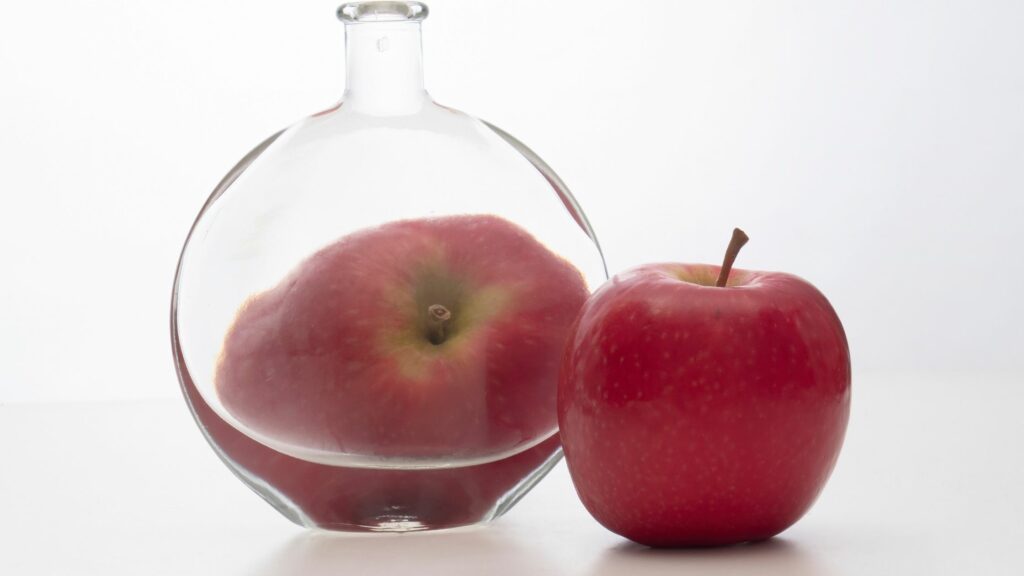If you are dating someone who suffers from body dysmorphia, there are a few things you need to know in order to love and support them. Body dysmorphia is a mental disorder that causes people to have a distorted view of their appearance. They may see themselves as being ugly or fat, even when they are not. This can be a very difficult condition for the person suffering from it and for those who love them. In this blog post, we will discuss what body dysmorphia is, how to support your partner, and how to deal with the challenges that come with dating someone with this disorder.
Contents
What Does BDD Mean?

Body dysmorphic disorder (BDD) is a mental health condition where a person spends a lot of time worrying about their appearance and how they look to others. People with BDD can focus on one specific area of their body, or they may worry about their overall appearance. BDD can cause people to avoid social situations and become very isolated. It can also lead to depression and anxiety.
What Will Be The Impact Of BDD On Relationships?

Body dysmorphic disorder is a condition where someone is fixated on one or more perceived physical flaws. This can lead to low self-esteem, anxiety, and depression. If you are dating someone with body dysmorphia, it’s important to be supportive and understanding.
The impact of BDD on relationships is very difficult. It can affect a relationship in different ways:
Avoiding Social Situations
One of the main symptoms of BDD is avoidance. This means that people with BDD will often avoid social situations where they think other people might see their flaws. This can make it difficult to maintain friendships and romantic relationships.
Seeking Constant Reassurance
People with BDD often seek reassurance from their partners about their appearance. This can be exhausting for the person who is constantly being asked for reassurance. It can also lead to arguments and conflict in the relationship.
Isolating Themselves
People with BDD often isolate themselves from others because they are embarrassed or ashamed of their appearance. This can lead to problems in both friendships and romantic relationships.
Jealousy And Insecurity
Your partner may constantly compare themselves to others, which can lead to feelings of jealousy and insecurity. This can put a strain on your relationship as you try to comfort and support your partner. This can be tough to deal with as a partner. It can also lead to arguments and conflict.
Arguments
Because body dysmorphic disorder can cause low self-esteem and anxiety, it can also lead to arguments with loved ones. People with BDD may feel like their partners are always looking at their flaws or that they are not good enough.
If you are dating someone with BDD, it is important to be supportive and understanding. BDD can be a very difficult disorder to live with, but with the right support, it is possible to manage the symptoms and have a happy and healthy relationship.
How To Support Your Partner Who Has BDD?

If you are dating someone with BDD, it is important to be supportive and understanding. Here are some tips on how to do that:
Educate Yourself About BDD
The more you understand the condition, the better you will be able to support your partner. Do some research and learn about the symptoms, causes, and treatment options. This will help you to be more understanding and empathetic.
Encourage Them To Seek Treatment
BDD can be a very debilitating condition, but there is hope. There are many effective treatments available, including therapy, medication, and self-care. Encourage your partner to seek professional help.
Help Them Challenge Negative Thoughts
One of the hallmarks of BDD is negative, distorted thinking. Help your partner to challenge their negative thoughts and beliefs about their appearance. This can be done by helping them to reframe their thoughts in a more positive light.
Be patient and Understanding
Remember that BDD is a real, serious condition. It is not simply a case of being vain or self-absorbed. Be patient and understanding with your partner as they deal with the challenges of BDD.
Encourage Healthy Coping Mechanisms
There are many healthy ways to cope with the symptoms of BDD. Encourage your partner to engage in healthy coping mechanisms, such as exercise, relaxation techniques, and journaling.
Avoid Criticism
It is important to avoid any criticism of your partner’s appearance. This can only make the problem worse. Instead, focus on supporting and accepting them just as they are.
Provide Emotional Support
BDD can be a very isolating condition. Be there for your partner and provide them with emotional support. Listen to them, validate their feelings, and let them know that you care.
Accept Them For Who They Are
BDD is a part of who your partner is, so it’s important to accept them for all that they are. Don’t try to change them or make them into someone they’re not. Just love and support them through thick and thin.
If you follow these tips, you will be on your way to supporting your partner in a loving and healthy way. Body dysmorphia doesn’t have to ruin your relationship. With understanding and compassion, you can overcome anything.
Conclusion
In conclusion, dating someone with body dysmorphia can be difficult, but it is possible to love and support your partner. If you are struggling, make sure to reach out to a therapist or counselor who can help you navigate this unique relationship.
Mantra Care is a platform that helps you to cure BDD. If you are looking for affordable Online OCD Counseling MantraCare can help: Book a trial OCD therapy session


